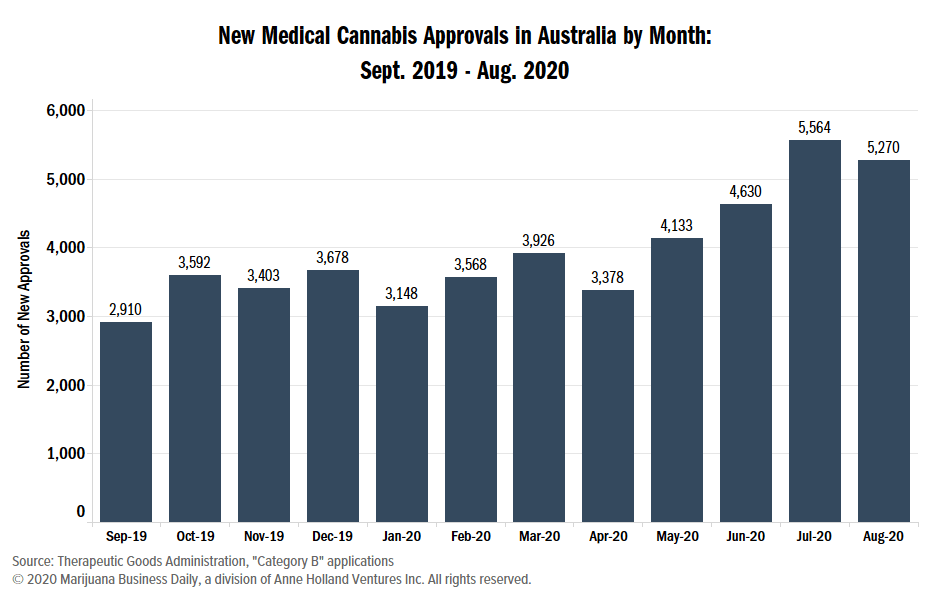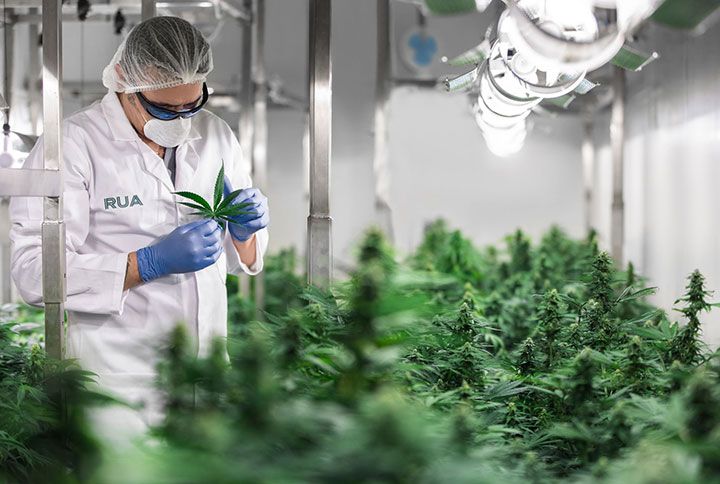Roughly 74,000 kilograms (74 metric tons) of cannabis is consumed annually in New Zealand’s illicit market, with a retail value of up to 1.5 billion New Zealand dollars ($1 billion), according to newly released research by Wellington-based Business and Economic Research (BERL Economics).
BERL Economics was commissioned by New Zealand’s Ministry of Justice in 2019 to produce two reports to inform regulations for a potential legal market for recreational marijuana.
The reports ultimately paint a picture of what an adult-use market in the country could look like, including:
- Financial viability of legal cannabis industry enterprises.
- Baseline market estimates.
- Post-legalization scenario modelling.
The first report – “Market structure for recreational cannabis” – studied New Zealand’s illicit cannabis market.
The second document – “Evidence to inform a regulated cannabis market” – modeled what a legal market would look like.
The NZ$1.5 billion assumes a consumer price of NZ$20 per gram for 557,000 consumers who are 15 and older and buying cannabis in the illicit market.
“However, there are suggestions that regular and frequent users access cannabis at a noticeably lower per-gram price. If so, then this retail value figure is likely to be an overestimate,” the market structure report noted.
Daily users account for the vast majority of consumption, BERL estimates.
Daily users make up 85% of the 74,000 annual kilograms consumed, followed by frequent users (12.7%) and periodic users (2.1%). Users who rarely consume cannabis make up the remainder.
The report assumes only 67% of total current consumption – about 50,000 kilograms – would occur through a licensed retail store if cannabis is legalized.
Despite that, BERL recommended the New Zealand government cap cannabis production at 110 tons to 120 tons per year – owing to home cultivation and “imperfections in the supply chain.”
A little less than 20,000 kilograms would stay in the underground market and 5,500 kilograms would be legally home cultivated, according to the estimate.
BERL estimates 567 cultivation, processing and retail licenses would be needed to service a newly regulated adult-use market, including:
- 112 cultivation licenses.
- 35 processing licenses.
- 420 retail licenses.
“In total, 112 grower licenses will be needed to grow the 42.2 (metric tons) of dried and cured cannabis bud, as well as the 7.5 (metric tons) of cannabis equivalent edibles and other products,” BERL estimates.
“These will be spread across the three types of growers, with 81 indoor licenses, 17 greenhouse licenses and 14 outdoor licenses.”
The organization’s modeling estimates the government would collect NZ$640 million per year in excise taxes, based on about 50,000 kilograms in the commercial market that would be subject to the tax.
“This is also based on sales in the commercial market comprising 72% of low-strength THC potency, 23% of medium-strength THC potency and 5% high-strength THC potency,” BERL wrote.
However, that premise might be presumptuous, since 97% of New Zealand consumers fall into the “daily” or “frequent” categories, according to BERL’s own estimates, and those groups are typically not associated with low-THC products.
BERL proposed lavish excise taxes that would raise per-gram prices up to NZ$30 and NZ$40 for all but the lowest-strength THC products.
The referendum is scheduled for Oct. 17 alongside the country’s general election.
If the referendum wins approval from voters, it would ultimately be up to the incoming government to introduce legislation to Parliament.
That means the outcome of the general election could be as important as the referendum itself.
The report titled “Evidence to inform a regulated cannabis market” is available here.
The report titled “Market Structure for recreational cannabis” is available here.
Matt Lamers is Marijuana Business Daily’s international editor, based near Toronto. He can be reached at mattl@mjbizdaily.com.





